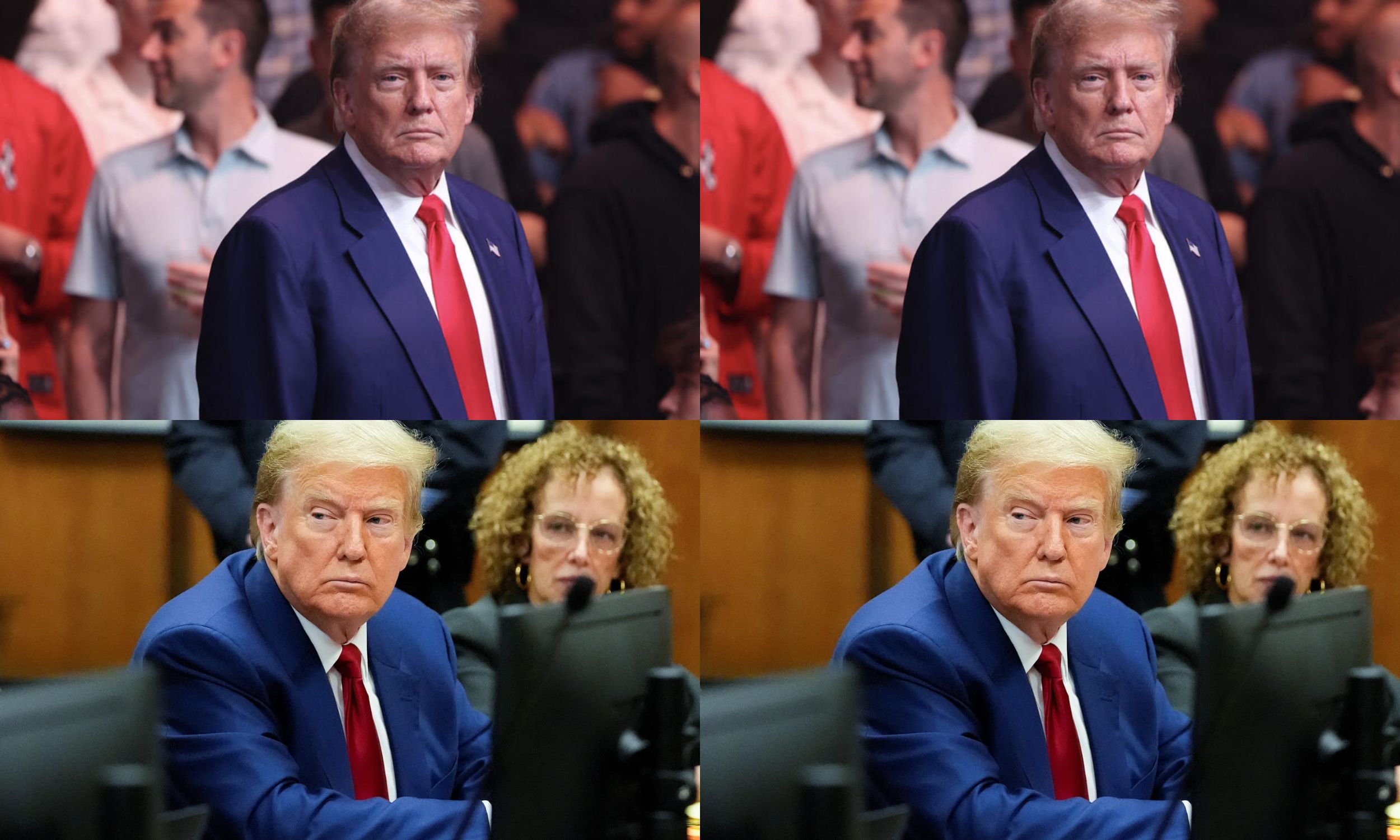July proved exceptionally favorable for Donald Trump, marked by legal developments that have seriously bolstered his position. On July 1, the Supreme Court granted Trump substantial immunity concerning his January 6 activities.
As Justice Clarence Thomas noted, while discussions about presidential accountability persist, the law upholds the President’s immunity from prosecution for official acts. This ruling has critically weakened Special Prosecutor Jack Smith’s indictment, leaving the case in a precarious state. Smith has opted against a preliminary trial to present evidence before the election, further complicating the case.

The Supreme Court’s decision also casts doubt on other legal battles Trump faces, including the New York financial scrutiny and the Georgia election interference allegations. In Georgia, Trump’s attempts to coerce Secretary of State Brad Raffensperger into changing the vote count could be shielded by presidential immunity. However, legal challenges surrounding Prosecutor Fani Willis’s impartiality could threaten the integrity of the Georgia case.
The Mar-a-Lago classified documents investigation, involving alleged crimes committed after Trump left office, initially appeared promising. However, Judge Aileen Cannon’s July 15 dismissal of the case—on grounds of Smith’s purportedly improper appointment—has complicated matters. Cannon’s ruling, critiqued by legal observers like Elie Mystal, suggests serious challenges in holding Trump legally accountable.
Attorney General Merrick Garland’s strategy, which prioritized prosecuting lower-level January 6 participants before targeting Trump, has faced scrutiny. The decision to pursue the case in Florida, before a judge with a pro-Trump reputation, has further muddied the legal waters. Garland’s choice to appeal Cannon’s dismissal to the 11th Circuit, rather than refile the case in another jurisdiction, raises questions about prosecutorial strategy.
In sum, the failure to effectively hold Trump accountable is not solely attributable to Supreme Court decisions but also to strategic errors by prosecutors. This situation underscores Justice Cardozo’s rhetorical query about the impact of prosecutorial missteps, highlighting ongoing concerns about the legal system’s capacity to address high-profile cases effectively.

